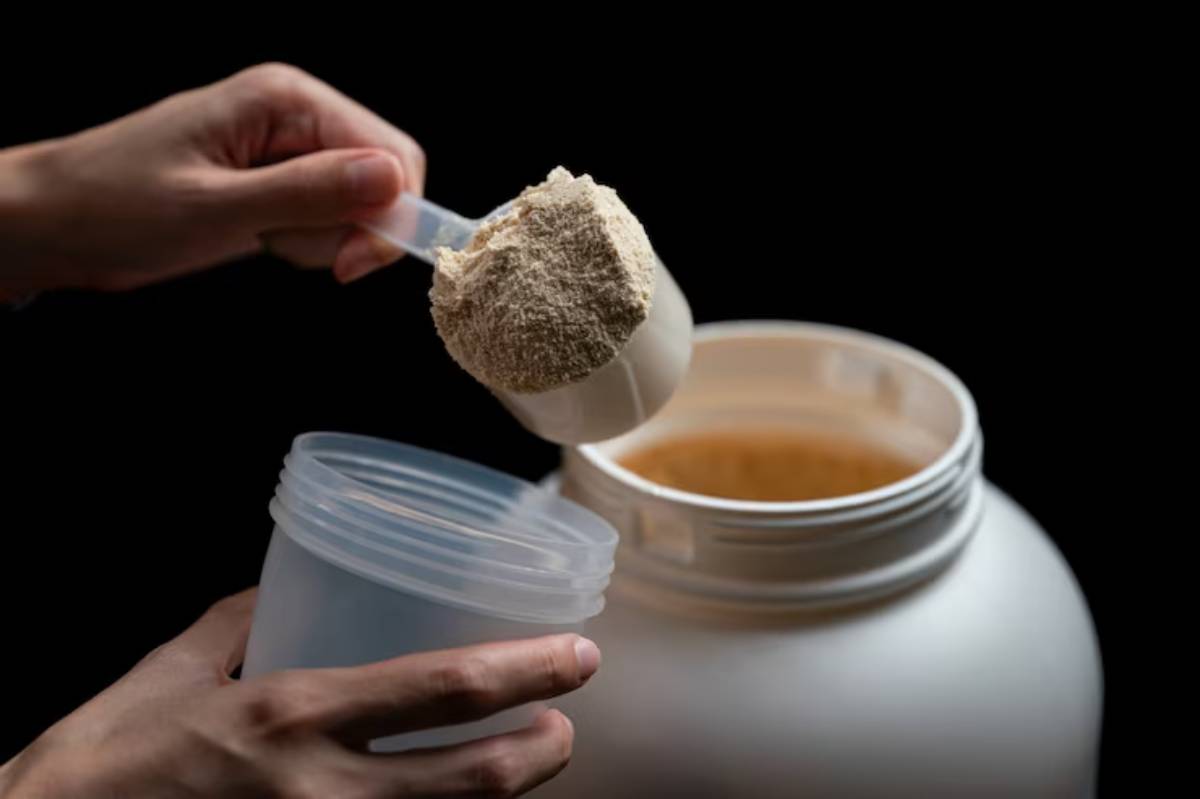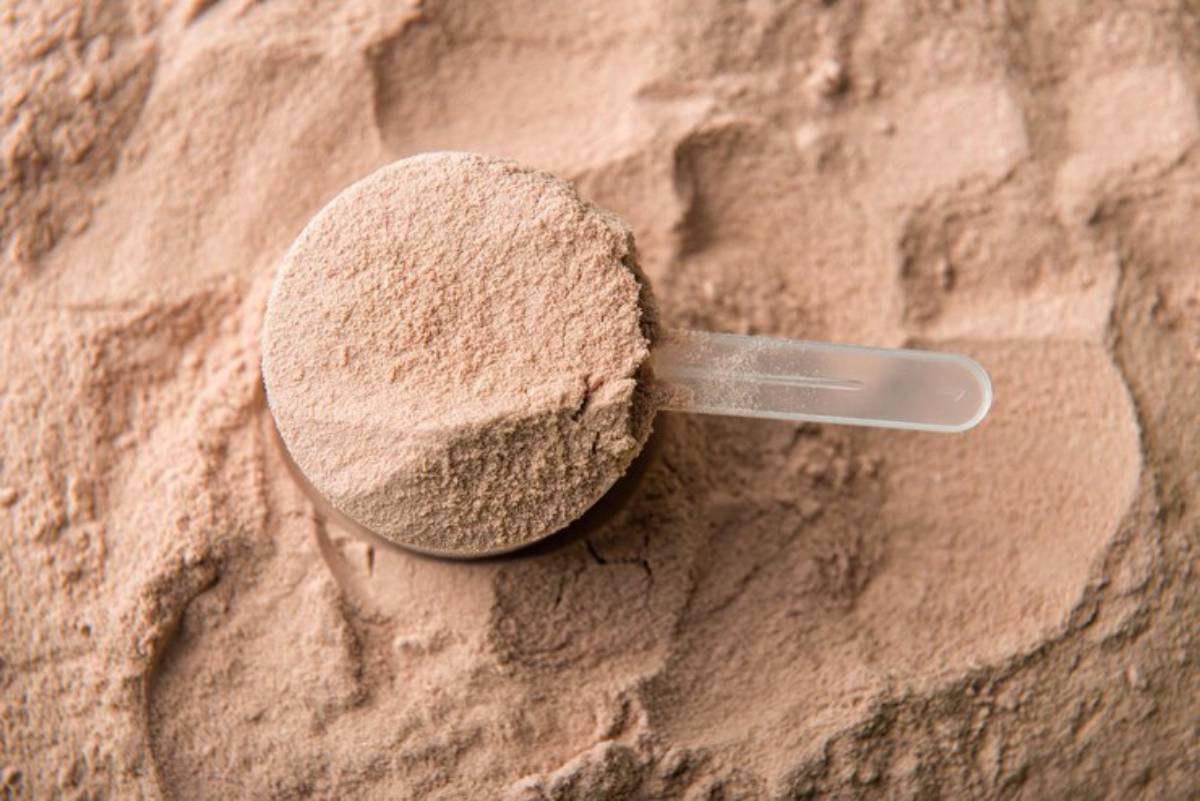
Can Poor Sleep Ruin Muscle Gain Even With Supplements
You’ve mastered your gym routine. Your diet is dialled in. You’re investing in high-quality muscle-building supplements. But are you overlooking one of the most critical—and underrated—factors in your transformation journey?
Sleep.
It might not be as flashy as a new pre-workout or as technical as nutrient timing, but poor sleep can sabotage muscle growth no matter how disciplined your training and supplementation.
In this blog post, we’ll explore:
- How sleep affects muscle recovery and growth
- The biological link between sleep and anabolic hormones
- Whether supplements can compensate for bad sleep
- Strategies to optimise your sleep for better gains
If you’re hitting a plateau or not seeing results despite doing “everything right,” your sleep strategy might be the missing link.
The Science of Sleep and Muscle Growth
Sleep: The Body’s Built-in Recovery Window
During sleep, your body enters a state of restorative recovery. It’s not just about rest; it’s about rebuilding. Key events happen
during the night:
- Muscle protein synthesis increases
- Growth hormone is secreted in pulses
- Testosterone levels peak
- Inflammation reduces, and tissue repair kicks in
Deep Sleep = Deep Repair
Slow-wave sleep (SWS)—also known as deep sleep—is when most of your growth hormone is released.
This anabolic hormone plays a major role in:
- Muscle repair
- Fat metabolism
- Cellular regeneration
Without adequate deep sleep, these processes stall.
Cortisol: The Gains Killer in Poor Sleep
What Is Cortisol?
Cortisol is a stress hormone that increases when your body perceives a threat, like a lack of sleep.
While it has useful short-term roles, chronic elevation can:
- Trigger muscle breakdown
- Impair muscle protein synthesis
- Increase fat storage, particularly abdominal
Sleep Loss Increases Cortisol
Research has shown that even one night of poor sleep can raise cortisol levels. Chronic sleep deprivation keeps cortisol elevated throughout the day, blunting your body’s ability to recover and build muscle.
Can Supplements Compensate for Poor Sleep?
The Short Answer: Not Really
Supplements can support recovery only if your body is in a state to utilise them. Without good sleep, your hormonal environment and tissue repair capacity are compromised.
| Scenario | Result |
| Whey Protein + Bad Sleep | Poor amino acid utilisation |
| Creatine + Fatigue | Reduced strength output and recovery |
| Testosterone Booster + Sleep Loss | Disrupted hormone balance |
Why Your Recovery Stack Might Not Work
Even the best supplements for muscle repair—like casein, magnesium, and EAAs—can’t perform optimally if your body lacks the restorative environment sleep provides.
Symptoms Your Sleep Is Ruining Your Gains
- Persistent Muscle Soreness
- Plateaued Strength
- Increased Belly Fat
- Low Energy and Motivation
- More Illness or Injury
Supplements That Can Help—If You’re Sleeping Right
1. Magnesium Glycinate

- Helps improve deep sleep Calms the nervous system
- Supports muscle function
2. ZMA (Zinc + Magnesium + B6)
- Boosts sleep quality
- Promotes natural testosterone production
3. Casein Protein
- Slow-digesting
- Feed muscles overnight
- Reduces muscle breakdown
4. Ashwagandha
- An adaptogen that lowers cortisol
- Enhances sleep and stress resilience
Read: Adaptogens to Reduce Cortisol & Support Gains.
5. Melatonin or L-Theanine
- Can improve sleep latency and depth
- Best for short-term use or during stressful periods
Creating a Sleep Supplement Strategy
Night Routine Stack (30–60 mins before bed)
- 1 scoop casein protein
- 400mg magnesium glycinate
- ZMA supplement
- Ashwagandha (500mg) if under high stress
Pre-Bed Ritual
- Turn off screens 60 minutes before bed
- Dim lights to stimulate melatonin
- Journaling or meditation for mental wind-down
- Keep the room cool, dark, and quiet
Real-Life Case Study: Jamie’s Transformation
Jamie, a 32-year-old intermediate lifter, hit a plateau. His nutrition was clean, and his workouts were intense. But his sleep? Barely 5 hours a night due to work stress and late-night Netflix.
After integrating a structured sleep supplement strategy, prioritising 7.5 hours of consistent sleep, and tracking it via a wearable.
- Increased muscle fullness
- Quicker recovery
- Reduced late-night cravings
- Enhanced mood and motivation
Tips for Better Sleep to Support Muscle Growth

- Get Sunlight Early in the Day
- Avoid Caffeine After 2PM
- Exercise Earlier If Possible
- Don’t Go to Bed Hungry
- Supplement Smarter
Read: Supplements to Improve Recovery Sleep.
Frequently Asked Questions (FAQs)
Can I build muscle with 5 hours of sleep?
You may see some gains, but long-term progress and recovery will be compromised. Aim for 7–9 hours.
Is casein better than whey for sleep?
Yes. Casein digests slowly, feeding muscles throughout the night. Whey is too fast and better for post-workout.
Do naps help muscle recovery?
Yes. Short naps (20–30 mins) can reduce fatigue and support hormonal balance.
Will sleeping more make me gain fat?
Not unless your diet is in a surplus. Better sleep actually supports fat loss by regulating hormones like leptin and ghrelin.
Conclusion: Don’t Sleep on Sleep
In the world of hypertrophy, sleep is the original recovery supplement. No amount of protein powder, creatine, or BCAAs can replace what a solid 7–9 hours of quality rest can do for your muscles.
If you’re committed to growth, you must prioritise your sleep strategy as much as your lifting and nutrition.
Muscle isn’t built in the gym. It’s rebuilt in bed.
Call to Action
Try this tonight: a scoop of casein, some magnesium, and an early screen-off time. Track how you feel after a week of better sleep.


